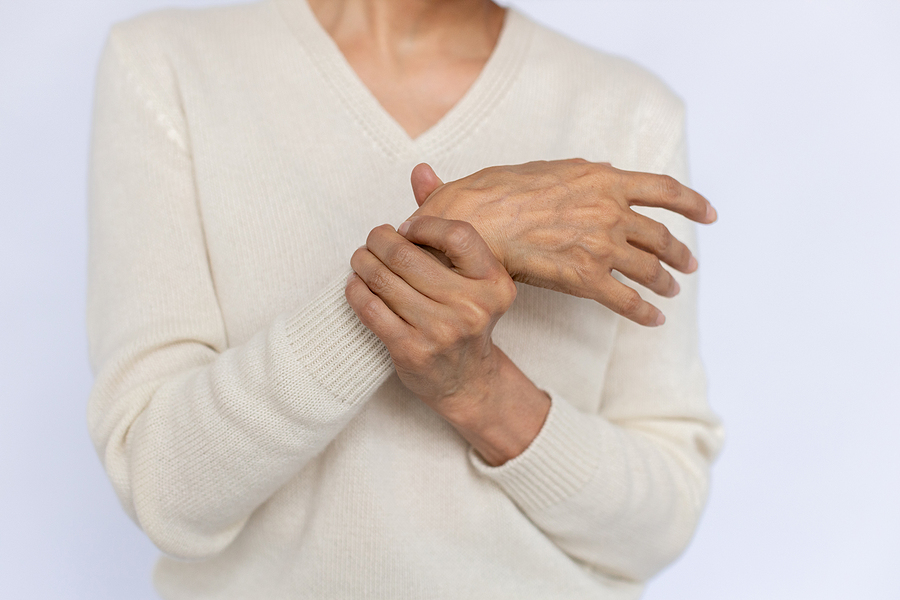If you’re one of the estimated 700,000 Americans suffering from polymyalgia rheumatica, you know that this debilitating condition can make even simple tasks a real challenge. Polymyalgia rheumatica affects the muscles and causes severe pain. While there is no cure, there are a number of ways to improve the symptoms.
This post will discuss some of the best ways to manage your symptom and improve your quality of life.
What Are the Symptoms of Polymyalgia Rheumatica?
Polymyalgia rheumatica (PMR) is a medical condition that can cause widespread muscle aches and joint pain throughout the body. It is most common in Caucasian women over the age of 70.
PMR usually affects the shoulders, hips, and neck and occasionally joints such as the wrists, elbows, and knees. Pain from this condition is typically at its worst upon waking in the morning and improves as the day progresses. Performing morning tasks, such as brushing your hair or getting dressed, is challenging. Other symptoms may include difficulty sleeping and general aches and pains in the legs and feet.
If left untreated, polymyalgia rheumatica can lead to a loss of strength in joints and muscle wasting. This can impair mobility, making it difficult to stand or walk.
Treatments for Polymyalgia Rheumatica
While there is no cure for this condition, its symptoms can be treated successfully to improve your quality of life. Medication is often used to reduce inflammation and ease pain, including corticosteroids like prednisone. Patients that don’t respond to prednisone may be prescribed drugs such methotrexate or actemra that suppress the body’s inflammatory response so the joints can heal. In addition to medication, healthcare providers may also prescribe calcium and vitamin D supplements to offset the calcium loss that accompanies corticosteroids.
Physical therapy is also beneficial for patients with polymyalgia rheumatica – special exercises may be prescribed that target joint mobility and muscle relaxing techniques to relieve discomfort.
Lifestyle Changes May Help Improve Symptoms
Making some simple lifestyle changes can also help reduce the symptoms of polymyalgia rheumatica. Low-impact activities such as walking, swimming, or gentle cycling can help increase strength and flexibility while providing psychological benefits.
Adding stress-reduction techniques like yoga, tai chi, or meditation to your wellness regimen alleviates tension in the body that leads to flare-ups.
Additionally, some people find making dietary modifications, such as avoiding alcohol and processed foods, helpful in managing their symptoms. Making sure to get plenty of fruits and vegetables helps to maintain strong bones and muscles, which may help with mobility.
We Will Find the Best Solution for You
With proper diagnosis and treatment, a living a more active life is within reach. Our staff at Advanced Rheumatology of Houston knows that everyone’s situation is unique. We will work with you to develop a treatment plan to fit your lifestyle.
Contact us to schedule an appointment by filling out our contact form or calling (281) 766-7886. We look forward to designing a care plan that’s right for you.



